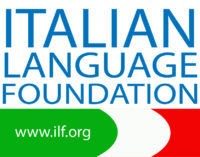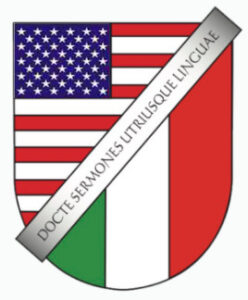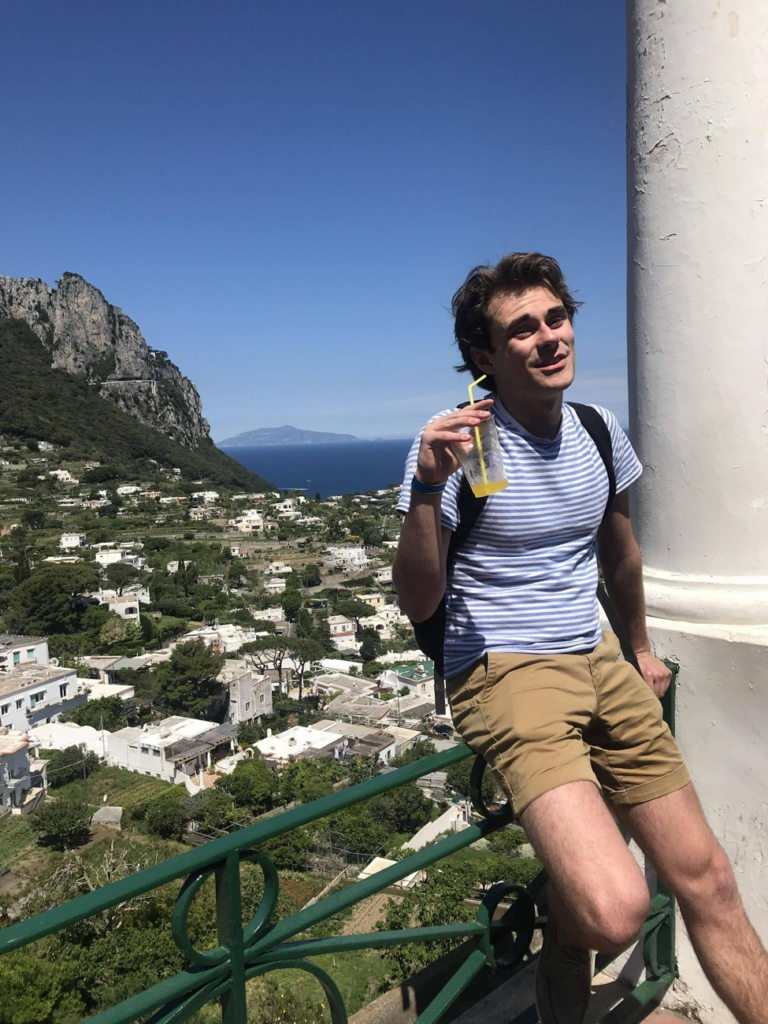Written by: Amy Riolo, award-winning author, chef, television personality, cuisine and culture expert, educator, and Mediterranean diet advocate
Skip the long lines and traffic this holiday season and give your loved ones what they’ll appreciate most – a homemade, edible gift from the heart. The following recipes offer something for every palate, budget, and dietary restriction. Enjoy!

For the Gourmand:
Decadent Chocolate and Dulce de Leche Brownies
Dulce de Leche, the rich – milk caramel from Argentina pairs perfectly with the double chocolate flavor in this rich recipe.
Makes 1 (9×13-pan)
Ingredients
1 ½ cup all-purpose flour
1/2 teaspoon baking soda
1/2 teaspoon salt
9 tablespoons butter
1 ½ cup sugar
18 ounces semi-sweet chocolate chips, divided
1 tablespoon vanilla
3 eggs
9 tablespoons Dulce de Leche
Preparation
Preheat oven to 325F degrees.
In a small bowl, combine flour, baking soda and salt.
Combine butter, sugar and 3 tablespoons water in a small saucepan over high heat, stir well, and bring to a boil.
Remove from heat and stir in half of chocolate (9 ounces) and vanilla.
Stir in eggs and mix well to combine.
Carefully blend in flour mixture.
Stir in remaining 9 ounces chocolate.
Pour into a greased 9 x13-inch baking pan.
Spread top evenly.
Using a butter knife, swirl the Dulce de Leche into the brownie mixture.
Bake on middle oven rack for 15-20 minutes or until cooked through.
For the Chocoholic/Mediterranean Food Lover:
Double Chocolate Baklava
For Italophiles:
White Chocolate, Cherry, and Pistachio Biscotti, Pizzelle, and Calabrian Sesame Cookies (Diabetes Friendly)
For Traditionalists:
Chocolate Chip Banana Bread
For Pastry Purists:
Italian Pound Cake (Quattro Quarti)


